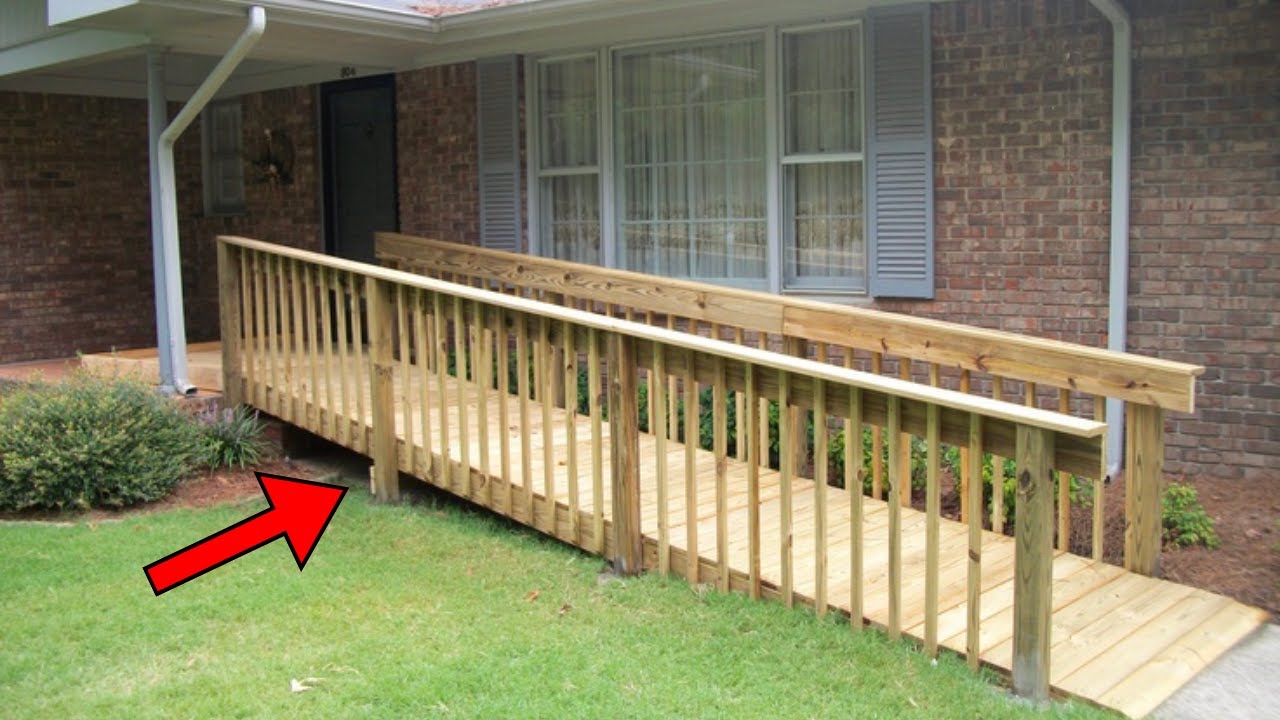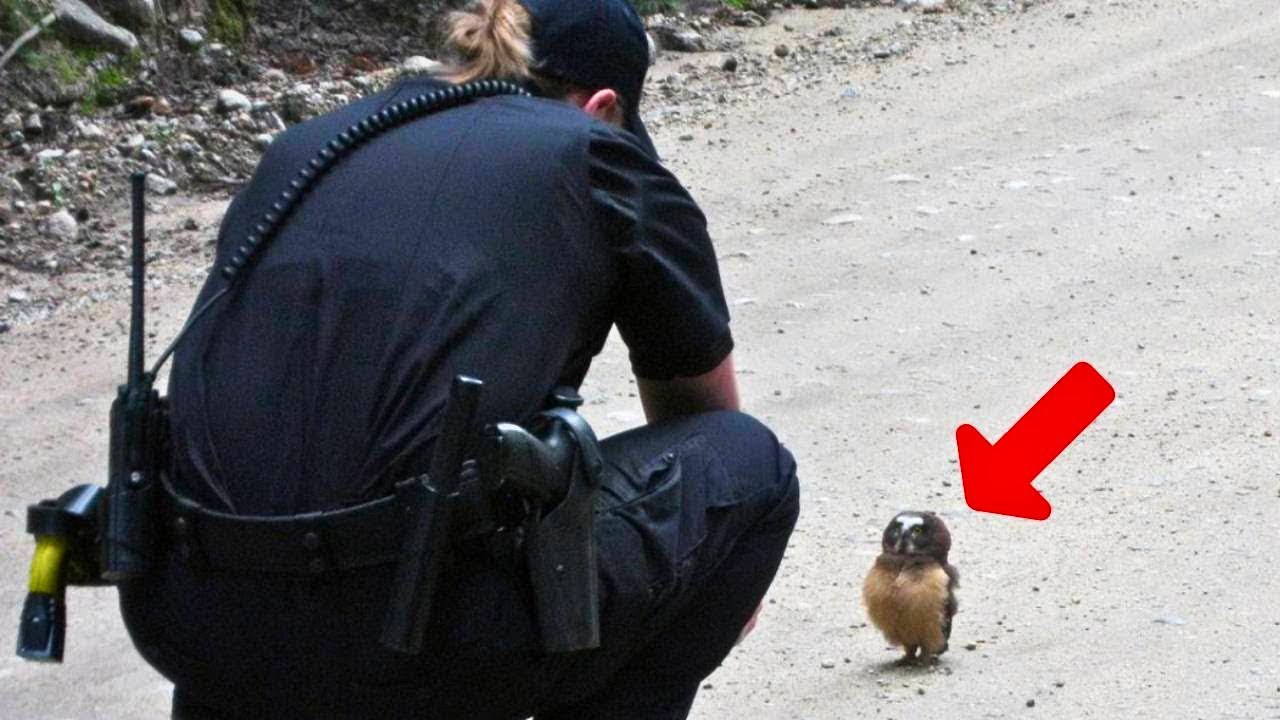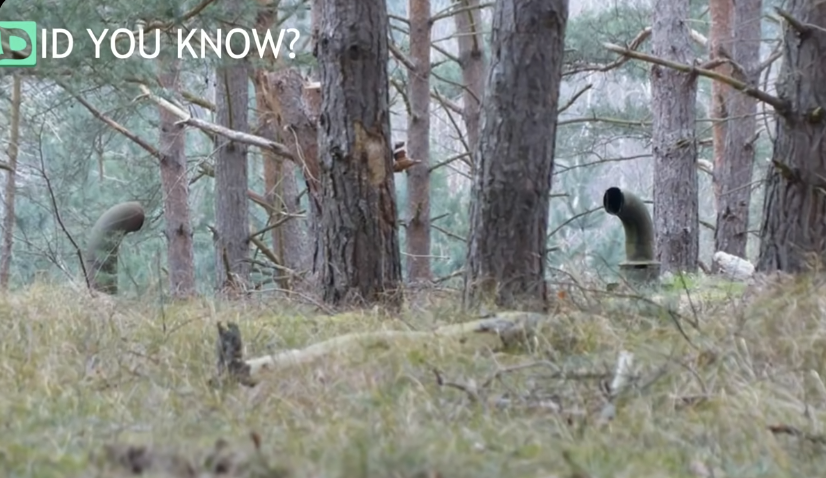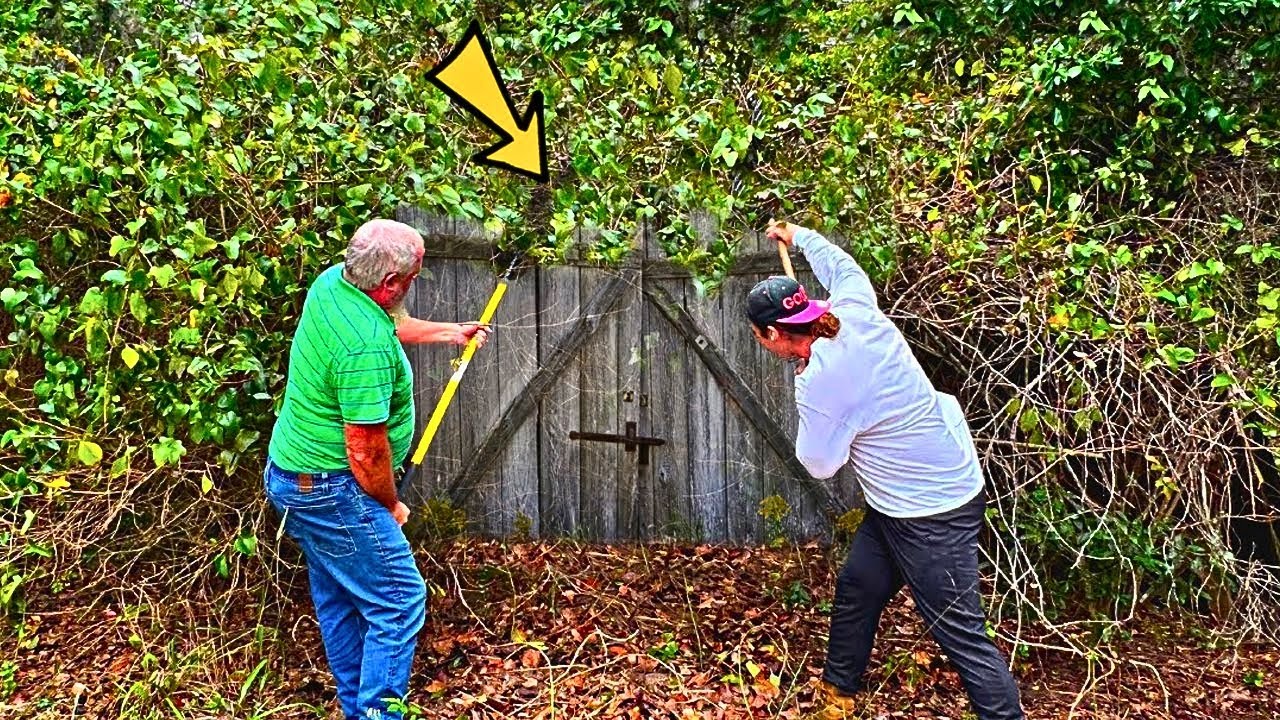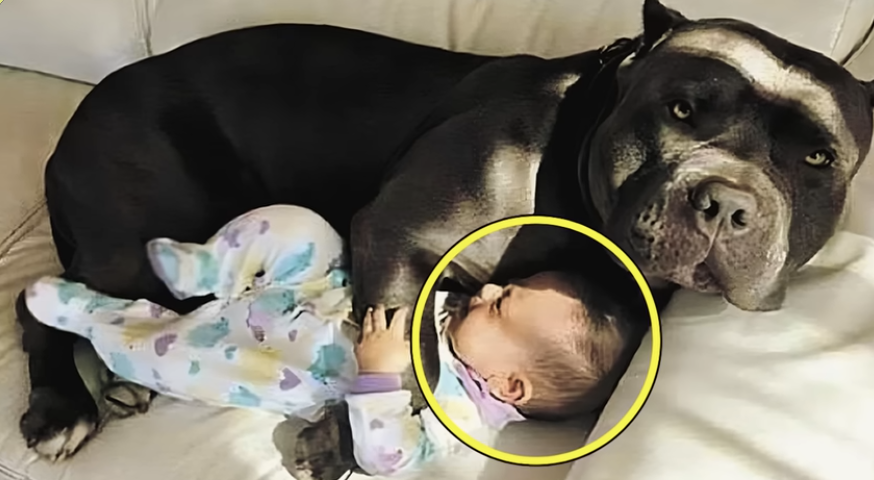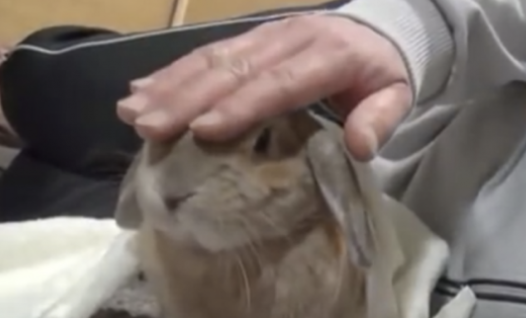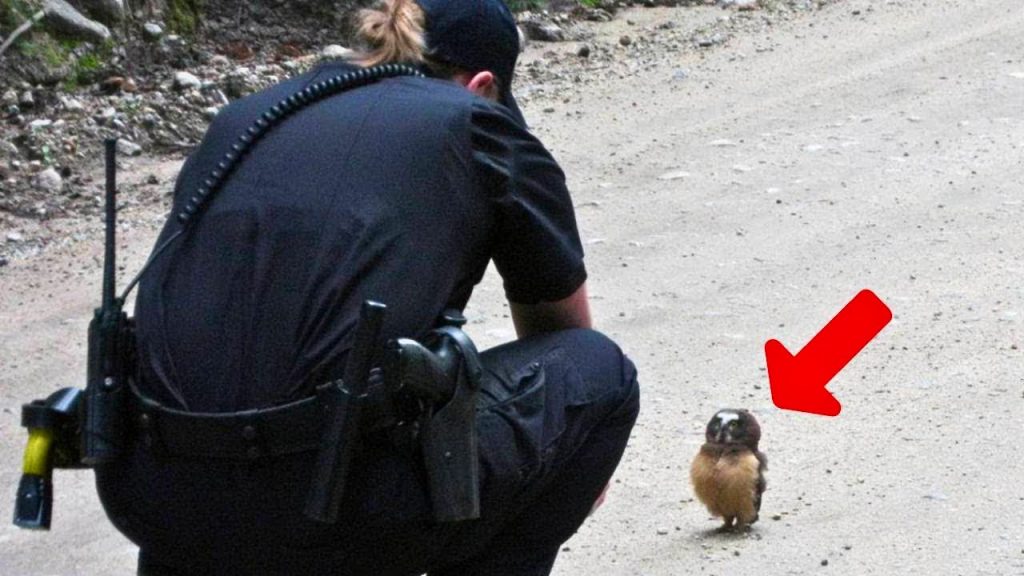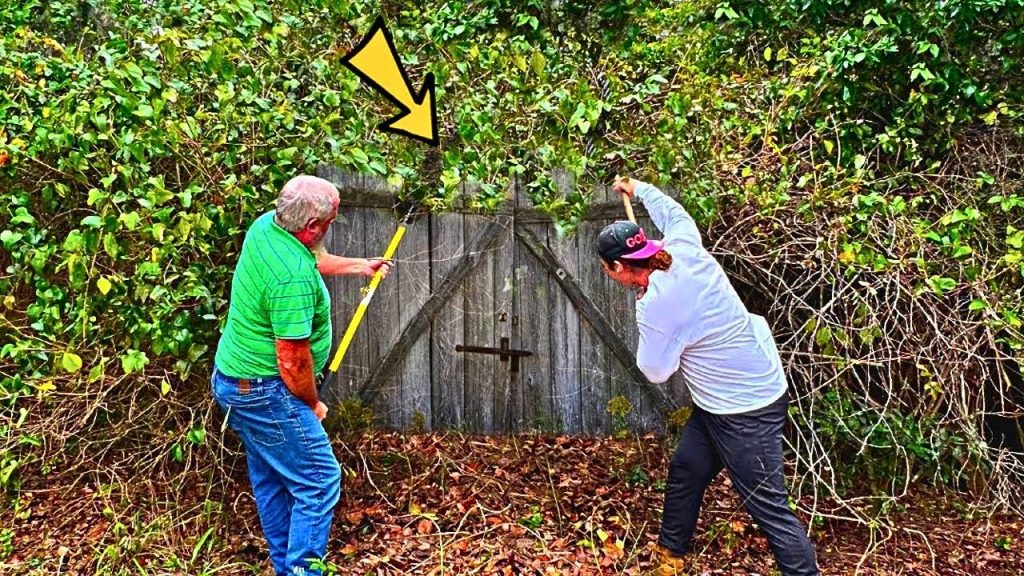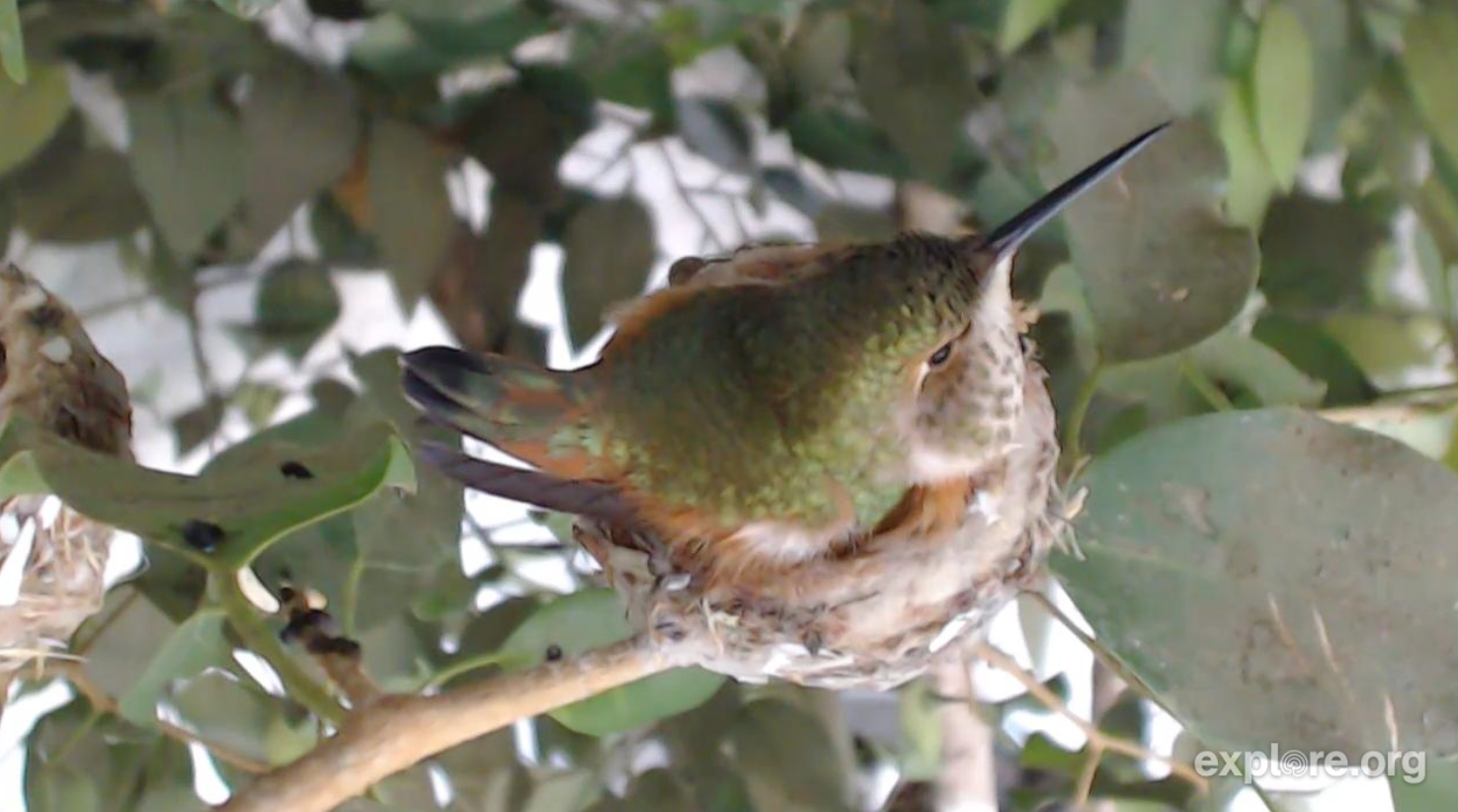 image via – http://explore.org
image via – http://explore.org
Sun Gazing is pleased to introduce you to Explore.org’s live “Hummingbird Cam”. Explore.org’s philanthropic mission to to connect humanity to nature and we encourage you to “like” their Facebook page – <Explore.org> and check out this – <http://explore.org/live-cams/ player/rosie-hummingbird-nest>, features a tiny hummingbird nest about the size of a golf ball.
Two chicks have recently hatched, and viewers of the camera can watch live as Rosie, the mother hummingbird, feeds and watches over them. Like all female hummingbirds caring for her young, you will see that Rosie is a very busy mama. Her two eggs hatched on January 26, 2017, bringing Acacia & Aster into the world at 11:17am & 1:00pm. Acacia, was named after the flower that though small, is strong and symbolizes love and friendship, while Aster means “star”. These very special and delicate offspring will be yours to watch evolve and grow stronger, as Rosie nurtures them.
Hummingbirds have a magical quality throughout their lives; watching these vulnerable creatures receive food and warmth from their mother is mesmerizing. Generally speaking, the oblong eggs of hummingbirds, (around 1/2 inch long x 1/3 inch wide), incubate between 14 to 17 days. Upon hatching they have no feathers, are about an inch long and only weigh about one-third of the weight of a dime. The biggest concern in their early care is regulation of their body heat, which will be one of Rosie’s main jobs for the next 8 to 12 days. Acacia and Aster will have developed enough temperature regulation at about two weeks of age, to be in the nest through the night and stay warm.
Watching Mama Rosie feed them regurgitated insects during this time, is really amazing to behold, as she inserts her long beak down their throats, one to three times per hour. These enchanting chicks will leave the nest when they are ready to; depending on weather conditions this usually occurs after three weeks. Rosie will continue to instruct her fledglings after they first leave the nest, to insure that they know how to catch bugs and find nectar, so that they can successfully separate from their loving mother. We hope you enjoy this unique opportunity to watch nature at it’s most beautiful.
Please SHARE This With Family and Friends 🙂

